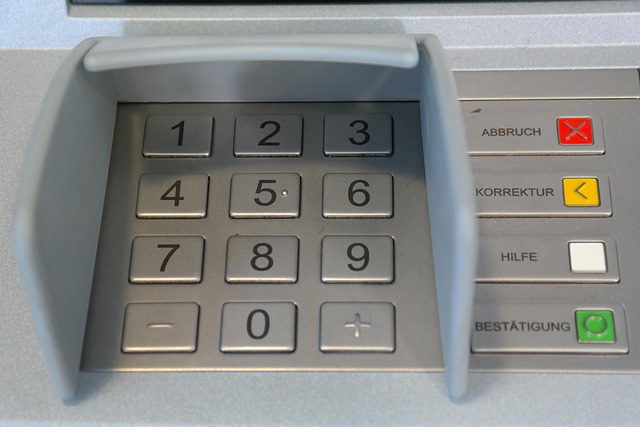Title loan employment verification differs from traditional loans as lenders assess vehicle value for eligibility. Self-employed individuals face challenges due to lack of consistent paychecks or official stubs. Alternative documentation like tax returns and bank statements may be required. Non-traditional methods offer access but explore No Credit Check alternatives for long-term stability.
Title loans, a quick financial solution, often come with a unique challenge—self-employment verification. Unlike traditional jobs with straightforward payroll records, self-employed individuals lack regular employer-issued documents. This makes verifying income and employment status for title loan applicants more intricate. In this article, we explore the disparity between conventional employment confirmation methods and the title loan process. We also delve into the challenges of documenting self-employment and present alternative solutions to streamline this verification step.
- Traditional Verification vs. Title Loan Process
- Challenges in Documenting Self-Employment
- Alternative Solutions for Title Loan Applicants
Traditional Verification vs. Title Loan Process

In traditional loan applications, employment verification is a straightforward process. Lenders commonly rely on direct deposit records and official pay stubs to confirm an applicant’s income and employment status. This method ensures accuracy and provides a clear picture of the borrower’s financial health. However, when it comes to title loans, like Fort Worth Loans or Motorcycle Title Loans, the verification process becomes significantly more complex. Instead of traditional pay stubs, lenders must evaluate the value of a borrower’s asset—typically their vehicle—to determine loan eligibility.
While this alternative approach offers borrowers with limited or no direct deposit history an opportunity to access funds, it introduces additional challenges for self-employment verification. Self-employed individuals may not have consistent paychecks or official pay stubs from employers, making it harder for title loan providers to verify their income. As a result, lenders often demand alternative documentation, such as tax returns or business financial statements, which can be more difficult to obtain and verify compared to direct deposit records.
Challenges in Documenting Self-Employment

Verifying self-employment for title loan applications presents unique challenges due to the informal nature of many self-employed individuals’ work. Unlike traditional employees with structured pay stubs and W-2 forms, self-employed folks may not have consistent or easily accessible documentation to prove their income. This can include inconsistent cash flow, lack of formal contracts, and diverse revenue streams from various projects or clients. As a result, lenders often find it more difficult to assess the stability and reliability of self-employment income when compared to traditional employment verification methods.
Furthermore, the absence of a single employer makes it harder to verify earnings directly with an employer. Self-employed individuals may need to maintain meticulous records of their financial transactions, including invoices, receipts, and bank statements, to demonstrate their income levels and repayment capabilities. Lenders typically require comprehensive documentation to evaluate the feasibility of loan repayments, especially for secured loans like title loans where the vehicle’s valuation plays a crucial role in determining creditworthiness.
Alternative Solutions for Title Loan Applicants

For individuals seeking Title Loan employment verification alternatives, there are several options to consider. In many cases, traditional employment checks can be a significant barrier due to the nature of self-employment or limited work history. However, some lenders offer flexible verification methods, such as tax return documentation or bank statements, to assess income and stability. These non-traditional approaches can provide a path forward for those who might otherwise struggle to meet strict verification requirements.
Additionally, those in need of quick funding, often turned away by conventional loan processes due to credit checks, can explore alternative financial services. Cash Advance options, for instance, may offer more immediate support without the need for extensive employment verification. While these solutions provide short-term relief, it’s important to evaluate long-term financial stability and consider No Credit Check alternatives that foster sustainable growth rather than temporary fixes.
Title loan applicants face unique challenges when it comes to employment verification due to the nature of self-employment. Unlike traditional jobs, self-employed individuals lack standard employer-issued documents, making the verification process more complex. However, there are alternative solutions available, such as tax records and bank statements, which can help streamline the process for both lenders and borrowers. By embracing these alternatives, the industry can make title loan employment verification less daunting, ensuring a fairer and more accessible lending environment for self-employed individuals.






